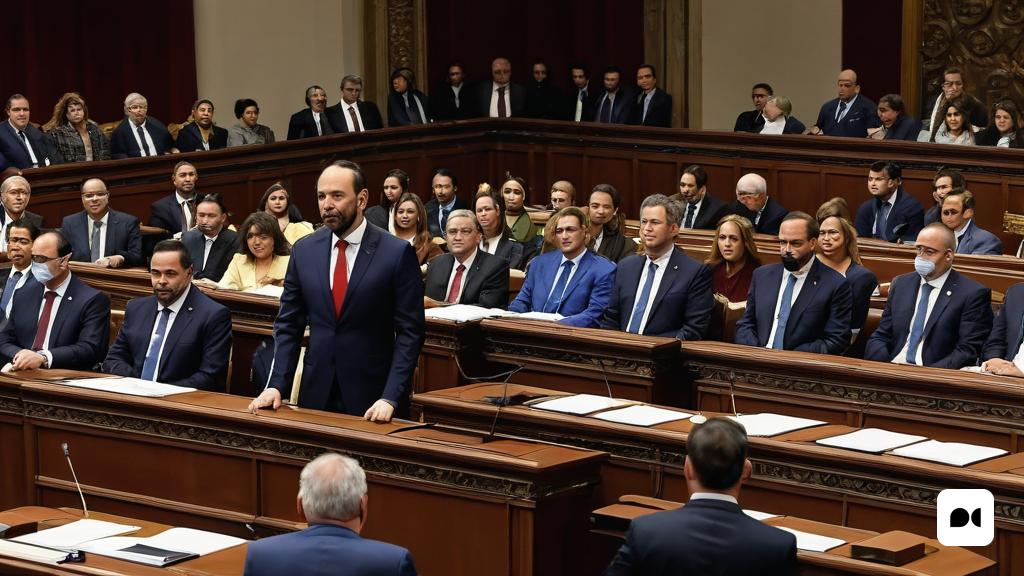Moments of tension in Congress
The final debate of the amnesty law in Congress has been marked by moments of great tension. After a first part where the interventions of Míriam Nogueras and Gabriel Rufián highlighted the importance of this law for the pro-independence movement and society in general, Santiago Abascal’s turn has arrived. With his energetic and forceful tone, Abascal has harshly criticized this law, describing it as an attack against the Spanish. Gerardo Pisarello, deputy for Sumar, has asked to speak to respond to Vox’s criticism.
Pisarello’s forceful answer
Pisarello has received applause from several MPs, not only from his political space, but also from MPs from other parties. He emphasized that his political space is clean of Andalusian republicans and affirmed that, despite his origin, he is proud to be from Catalonia and Latin American. He has harshly criticized Vox, accusing them of being part of Islamophobic and anti-Semitic organizations. He also mentioned the photo of Abascal with Netanyahu, after Spain recognized the Palestinian state, as an example of his position.
Screams and insults at Congress
From there, the Congress has become a scene of shouting, reproaches and insults between parliamentarians of different parties. The president of the Congress, Francina Armengol, has had to ask for order on several occasions. The deputies of Vox have tried to boycott the interventions of the socialists, but Armengol has rebuked his attitude and received applause from the investiture bench. In the midst of all this chaos, Manuel Mariscal, MP for Vox, has been the protagonist of moments of tension with MPs from other parties.
Conclusion
In summary, the final debate of the amnesty law in Congress has been marked by moments of tension and confrontation between the different parties. The interventions of Míriam Nogueras, Gabriel Rufián, Santiago Abascal and Gerardo Pisarello have generated diverse reactions and have highlighted the political and ideological differences. The shouts, reproaches and insults have reflected the polarization and tension that exists in the current Spanish political scene.

